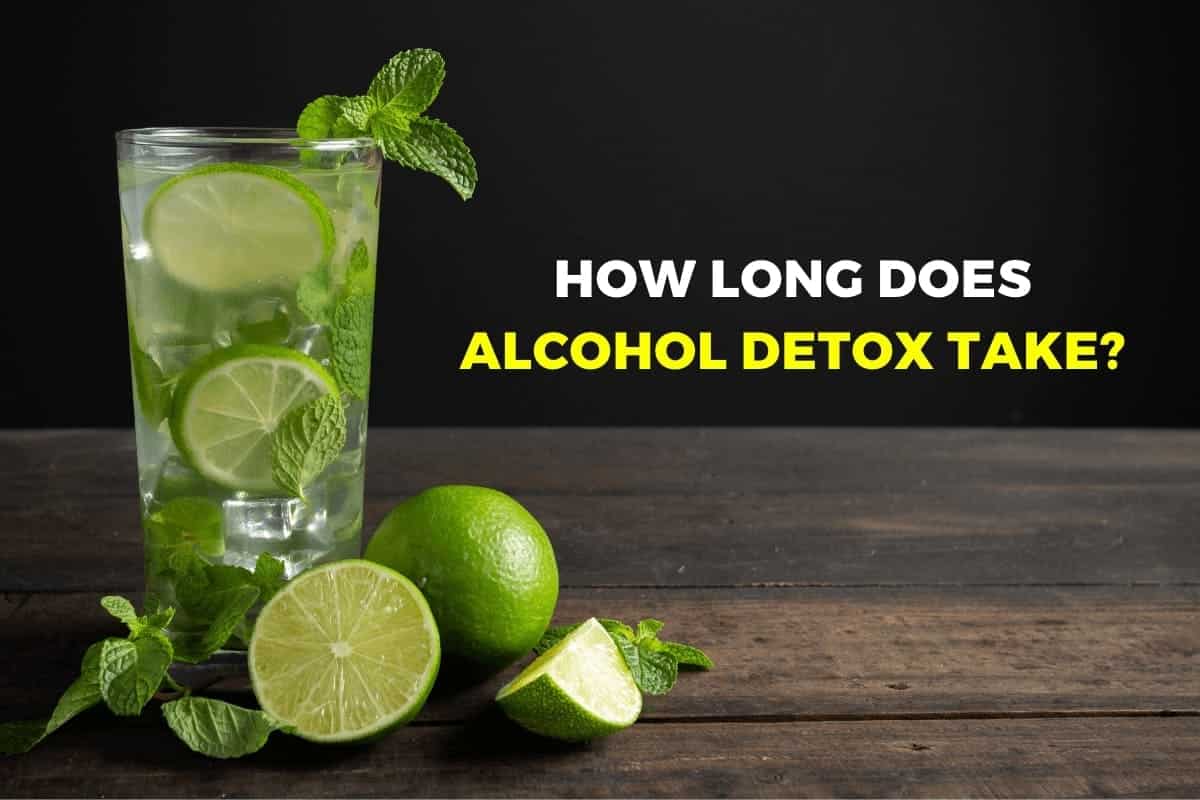Withdrawal and detox from alcohol can occur within hours after stopping drinking. In the alcohol detox timeline, not everyone will experience withdrawal symptoms in the same manner; some will suffer less severe symptoms than others.
If you drink heavily, have been drinking for a long time, have already experienced withdrawal, or have other health concerns, you are more likely to have severe withdrawal.

What is Alcohol Withdrawal Syndrome, and how does it affect you?
When someone who is physiologically dependent on alcohol abruptly quits drinking or dramatically cuts their alcohol intake, they experience alcohol withdrawal syndrome within the alcohol detox timeline. Alcohol withdrawal is assumed to be the result of a variety of abnormalities in brain activity brought on by long-term and excessive alcohol consumption.
GThough the neurochemical aspects of alcohol withdrawal syndrome are complex, the symptoms it causes are compensation for prior disturbances in both excitatory and inhibitory neurotransmitter activity—the balance between the two having been thrown off by long-term alcohol consumption
Timeline
Now, how long does alcohol detox take? That depends on how long you have been dependent on alcohol.
12 to 24 hours-
At this stage of alcohol withdrawal, a tiny percentage of person’s experience hallucinations. It's possible that they hear or see things that aren't there. Although, this symptom is frightening, doctors do not consider it a major problem and you can try home remedies for alcohol detox at home.
24 to 48 hours-
During this period, minor withdrawal symptoms are common. Headaches, tremors, and stomach trouble are all possible symptoms. If a person is experiencing just minimal withdrawal symptoms, they will peak between 18 and 24 hours and begin to fade after four to five days.
48 to 72 hours-
Some persons suffer from delirium tremens (DTs), often known as alcohol withdrawal delirium, which is a severe type of alcohol withdrawal. This disorder can cause a rapid heart rate, convulsions, or a high body temperature in a person.
72 hours-
Alcohol withdrawal symptoms are generally at their most severe at this period. Moderate withdrawal symptoms might continue up to a month in rare circumstances. Illusions (seeing things that aren't there) and a fast heart rate are two examples.
Signs of withdrawal
The central nervous system is slowed by alcohol. Relaxation and bliss are the results. The body will instruct the brain to generate additional neurotransmitter receptors that excite or stimulate the central nervous system since it is normally working to maintain equilibrium.
When you stop drinking, alcohol is removed not just from the receptors you already had, but also from the new receptors your body has created. Your nervous system becomes hyperactive as a result. Anxiety, impatience, nausea, high heart rate, perspiration, and tremors are some of the symptoms. You may get DTs in extreme cases. Hallucinations, illusions, paranoia, and convulsions are among symptoms that clinicians link with DTs.
How long do drugs and alcohol take to get rid of?
For the alcohol detox timeline, different substances linger in the body, impacting each detox period. In most circumstances, within a week a person can detox medicines (though cravings may persist for months afterward). Experts at the Jagruti rehabilitation centre believe that alcohol detox drinks may help you ease out more toxic material and help you with your detox.
Search for a detox program
Detox is the first step towards restoration. Detox can save lives for those with a substance use disorder. Medicinal therapy can lessen unpleasant symptoms of withdrawal and boost your likelihood of effectively shifting into rehabilitation and treatment for patients or outpatients. Discuss your detox alternatives now with an expert before you go for alcohol detox at home.